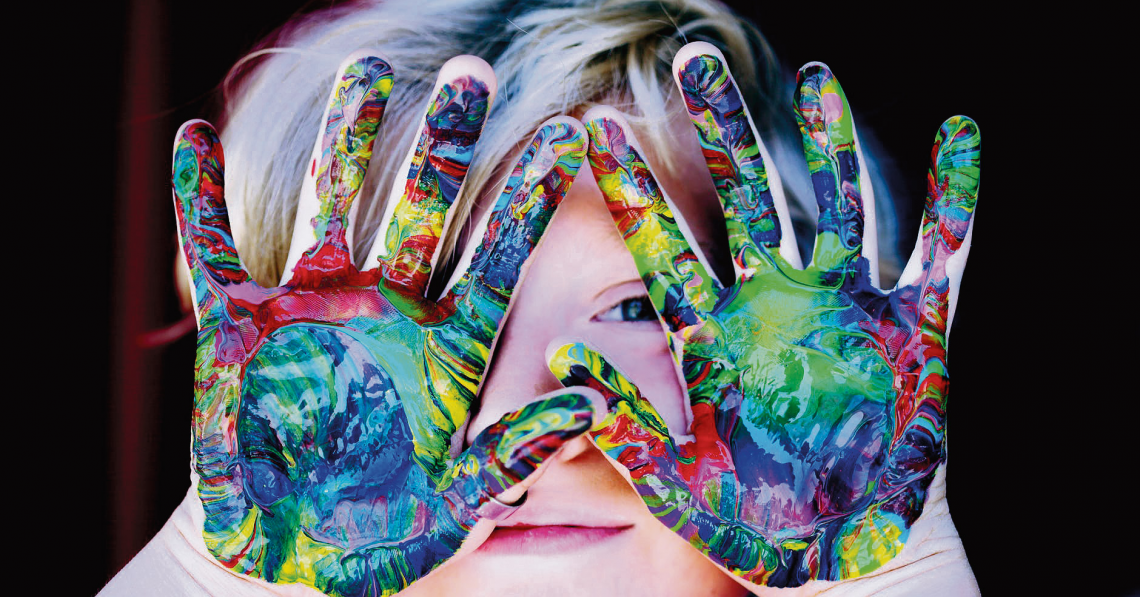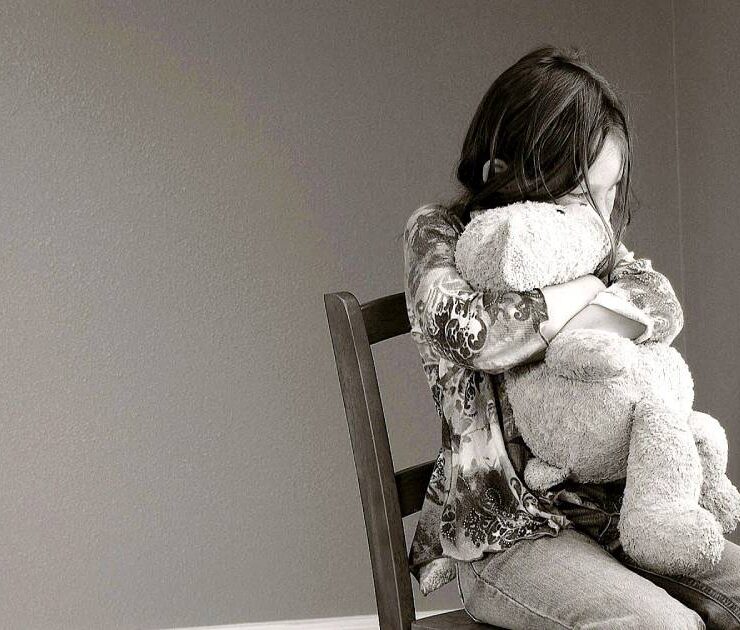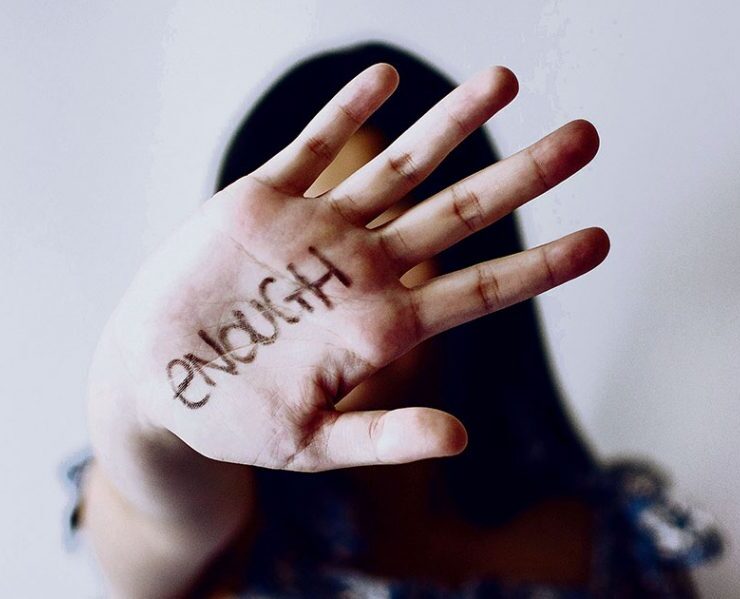Gifted children, COVID-19 effects and ways of support

Countless hours at home and new, “strange” rules in everyday life. Emotional and psychological pressure experienced by adults and younger members in almost every family because of the COVID-19 pandemic is unprecedented. Especially for children, all of this can be quite difficult to understand and manage. For children and adolescents who belong to the spectrum of giftedness, things can be particularly stressful as they, by definition receive and experience each stimulus much more intensely and deeply compared to others. Gifted children may be able to cognitively process information at an advanced stage in relation to their peers, but their intense sensitivity can easily lead them to worst case scenarios. Therefore, it is important not only to protect children, but also to help them direct their thinking and action properly.
Calm starts with the parents
As parents, you need to set examples that will show your children how to be less anxious and maintain their composure and optimism. The intense uncertainty created by the COVID-19 period is surely a major challenge for many gifted children so don’t forget to emphasize how important patience is. Never scold children for worrying, but show understanding and support, encouraging them to talk about how they feel. Also keep in mind that children will be looking for more expressions of love and confirmation of your affection for them -respond generously.
How to talk about the situation
When talking about COVID-19 with children and especially children who are gifted, you need to be vigilant. Gather accurate information from reliable sources and let children ask questions, so as not to imagine reality much worse than it really is. Constant and excessive exposure to the media can be a source of additional worries.
How to reduce stress
- Encourage your children to concentrate on things they can control, but without completely ignoring what they can’t control
Help them have fun doing things that bring them joy, be kind to family members and pets, communicate with friends and relatives through age-appropriate social networks and strongly encourage them to find beauty in each other and in Nature (walking, climbing, cycling), as long as everything is done by the rules.
- Help children stay healthy
Incorporate exercise into their daily routine, a regular sleep schedule, yoga, meditation and other peace and wellness practices.
- Help your child make a difference in your community
Encourage them to organize an online fundraiser, sponsor a social food bank or conduct an online activity for young people.
Tips by age
- For 3-5 year olds, who in times of crisis may have a setback, re-attach themselves to their parents and exhibit baby behaviors, offer appropriate attention to new and modified routines and make playing as creative and flexible as you can.
- For ages 6-8, there may be difficulty in verbal expression of feelings, a need to isolate or revert to self-care skills, as well as a strong desire to offer help. Parents should help the child identify and name what they feel, explain the new routines, reward the effort and spend time with the whole family.
- In children 9-12 years old, there may be fear or anger, physical pain, irritability and difficulty with schoolwork or with friends and classmates. In these cases, parents need to set a consistent schedule, give encouragement for the child to talk about their concerns and to communicate with their friends, as well as read books with heroes who have succeeded in difficult situations.
- In adolescents 13-18 years old, there are phobias, difficulty in sleeping and eating, isolation and irritability. Parents need to organize activities related to their children’s interests, encourage them to talk about their anxieties, without burdening them with their own. It’s also a good idea to encourage teens to find ways to solve problems in your community.
- Young gifted adults (over 19 years old), may feel angry, vulnerable, have increased and intense emotional reactions to trivial stimuli. They may even provoke power or make unhealthy dietary choices. At this stage, help them communicate with their friends and encourage them to set an example for younger family members and/or friends.
Valuable guidance and instructions taken from NAGC (National Association for Gifted Children)
What's Your Reaction?
Mrs. Danae Deligeorges is a psychopedagogist, holding a B.A. in Philosophy, Pedagogy and Psychology from National and Kapodistrian University of Athens (now completing doctoral studies in the Medical Department) and an M.A. in Gifted Education from Northeastern Illinois University, USA, on the education and social-emotional needs of gifted and talented children. She is the founder of “Phi – Center for the Advancement of Noesis” and scientifically responsible for Gifted Education Programs in Greece & Europe.










